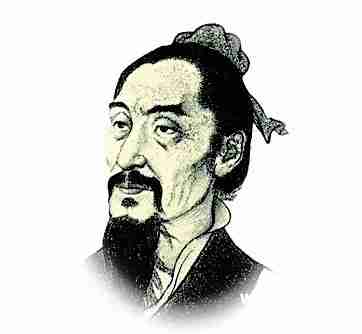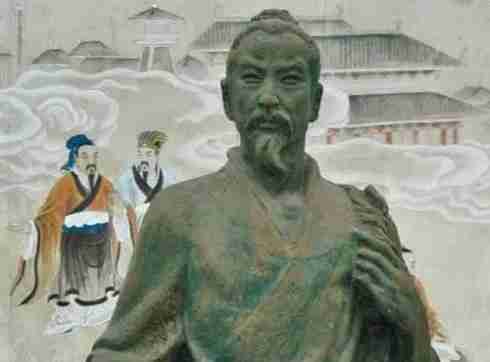Chinese history goes for thousands of years and has produced numerous great thinkers along the way. Mozi was among these great thinkers, and his philosophies have shaped the thinking of hundreds of Chinese scholars even beyond his death. We will look at his life, what inspired him, and interesting facts about him.
Who was Mozi?

Mozi was a philosopher from the Warring States period of China, as well as the founder of Mohism, a school of thought that existed during the Hundred Schools of Thought (between 475 and 221 BC). Originally, he was known as Mo Di before taking up the name we know him by today. He was a prolific writer like other philosophers of the day, with his teachings surviving in the form of the ancient text Mozi.
His main teaching was that everyone was equal in heaven’s eyes, which emphasized the importance of meritocracy when appointing people to positions of power – in other words, you must deserve power for you to receive it. To support his thoughts, he invoked the Sage Kings in China’s history and heaven and showed why they were deserving of what they had.
Where was Mozi born?
He was born in 470BC in the current city of Tengzhou, which is in Shandong Province. His philosophy placed great emphasis on honoring the worthy, the importance of sharing, the will of heaven, social order, and universal love, in contrast to Confucian values that emphasized the respect of any elders or senior individuals regardless of the respect they earned.
During the Warring States period, Mohism was a popular philosophy, but it declined significantly after the Qin dynasty rose to power in 221 BC. The emperor Qin Shi Huang gave the order that Mohism scholars were to be sentenced to death and their books be burned, while Mohism declined more after the Han dynasty took over, as they replaced it with Confucianism.
Mozi further developed the concept of love, initially a concept by Confucius. While Confucius talked about it in terms of benevolent love, Mozi attempted to replace over-attachment to clans and families by terming it as ‘universal love’ by showing that you needed to take care of everyone equally whether you knew them or not.
Why Mozi is important

It is common knowledge among historians that Mozi was part of the lower artisan classes in Chinese society, but he managed to climb the ladder and get an official post. However, he suffered a difficult childhood, since his parents were not affectionate to him – which is the reason behind his philosophy having plenty of expressions about showing love to others, even beyond filial piety.
As he grew older, he picked up carpentry, and he became one of the finest craftsmen. This experience led him to be valuable to various kings as he gave them advice on fortifications, despite his position and status remaining low. While his early years allowed him to study Confucianism, he eventually saw it as emphasizing too much fatality – which was detrimental to the progress of lower classes. Instead of observing rituals, he saw authenticity, self-reflection, and introspection as more important.
You may not know Mozi, but you may know his teachings that have lived on for centuries. That makes him an important study point, especially if you want to find the great teachings that he talked about in his time.